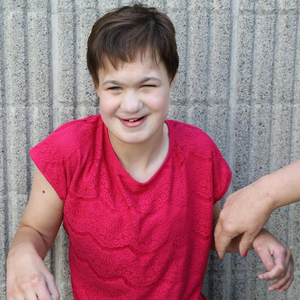
Trisomy 13 Syndrome

Patau syndrome is a syndrome caused by a chromosomal abnormality, in which some or all of the cells of the body contain extra genetic material from chromosome 13. The extra genetic material disrupts normal development, causing multiple and complex organ defects. Patau syndrome is a syndrome caused by a chromosomal abnormality, in which some or all of the cells of the body contain extra genetic material from chromosome 13. The extra genetic material disrupts normal development, causing multiple and complex organ defects. This can occur either because each cell contains a full extra copy of chromosome 13 (a disorder known as trisomy 13 or trisomy D), or because each cell contains an extra partial copy of the chromosome (i.e., Robertsonian translocation) or because of mosaic Patau syndrome. Full trisomy 13 is caused by nondisjunction of chromosomes during meiosis (the mosaic form is caused by nondisjunction during mitosis). Like all nondisjunction conditions (such as Down syndrome and Edwards syndrome), the risk of this syndrome in the offspring increases with maternal age at pregnancy, with about 31 years being the average. Patau syndrome affects somewhere between 1 in 10,000 and 1 in 21,700 live births.
